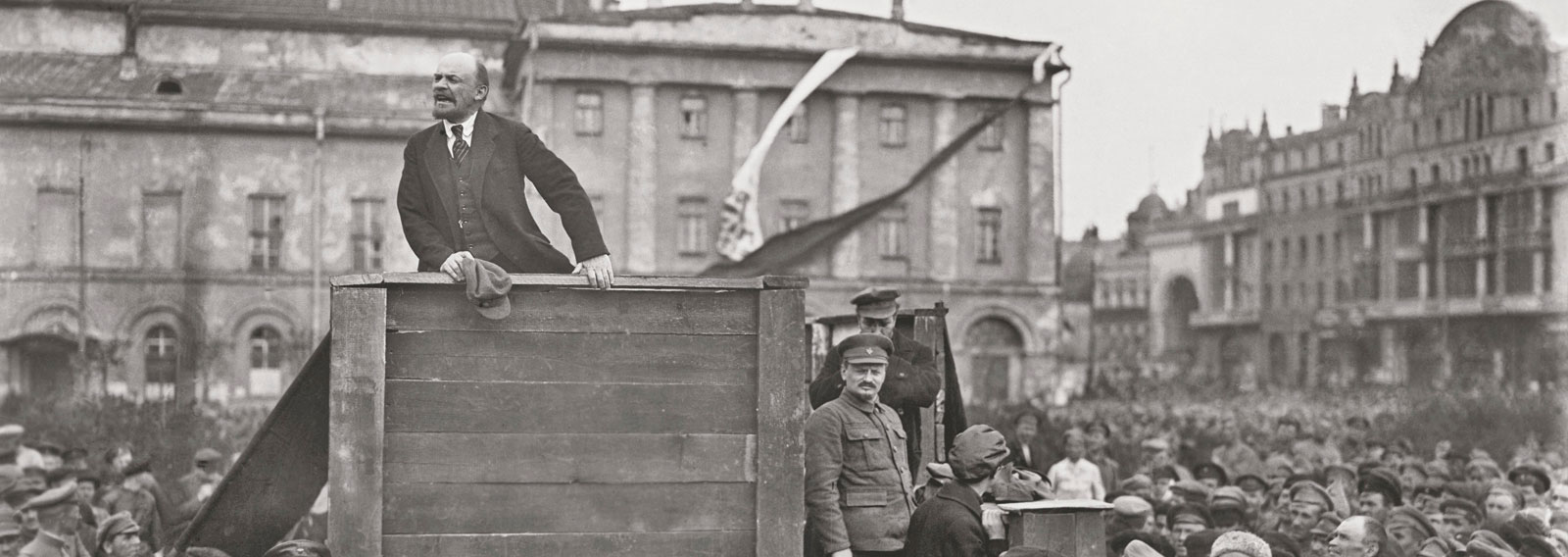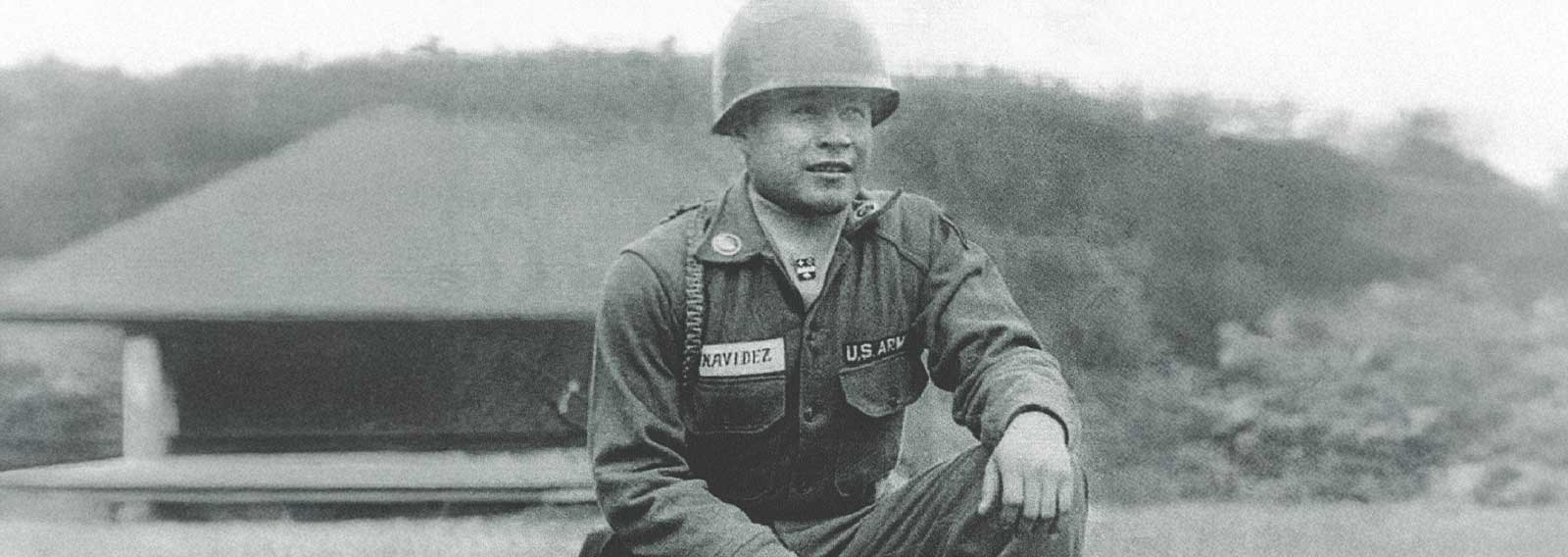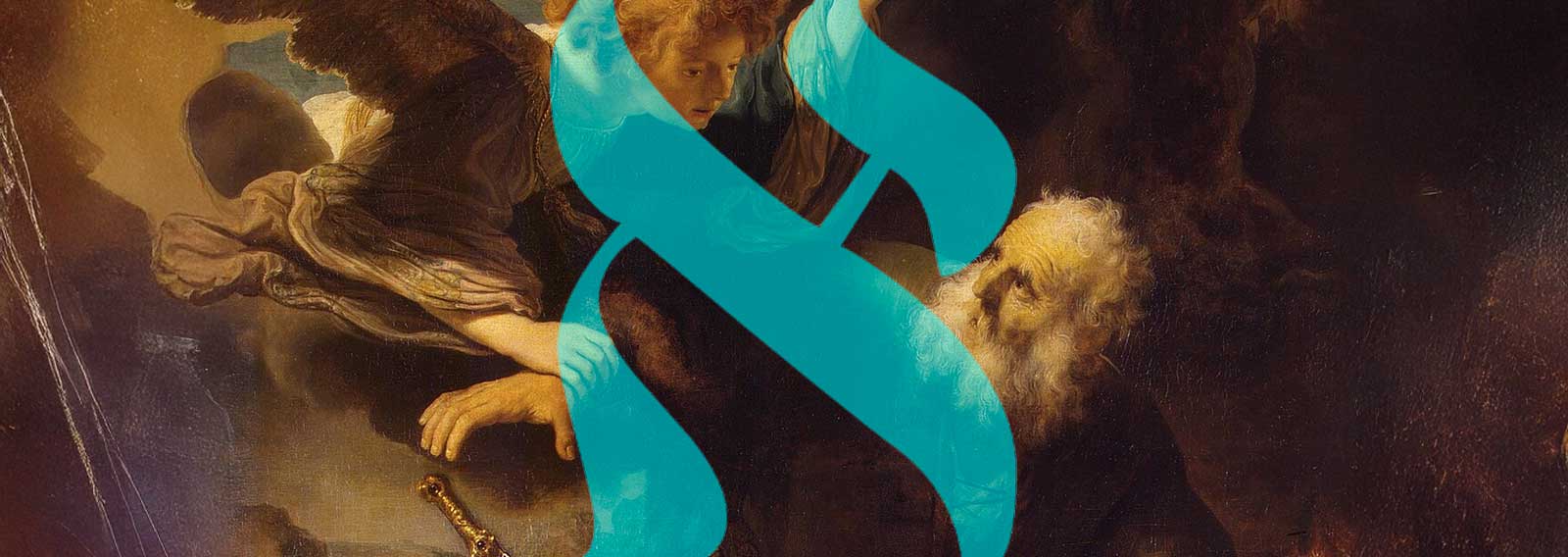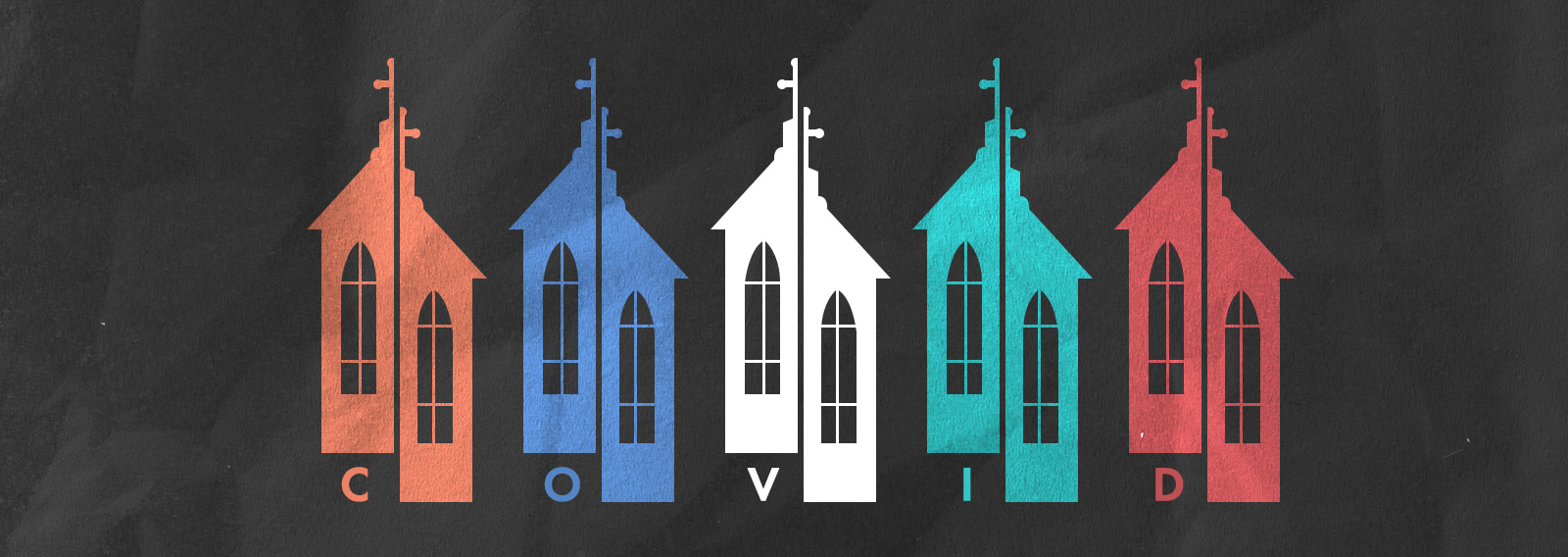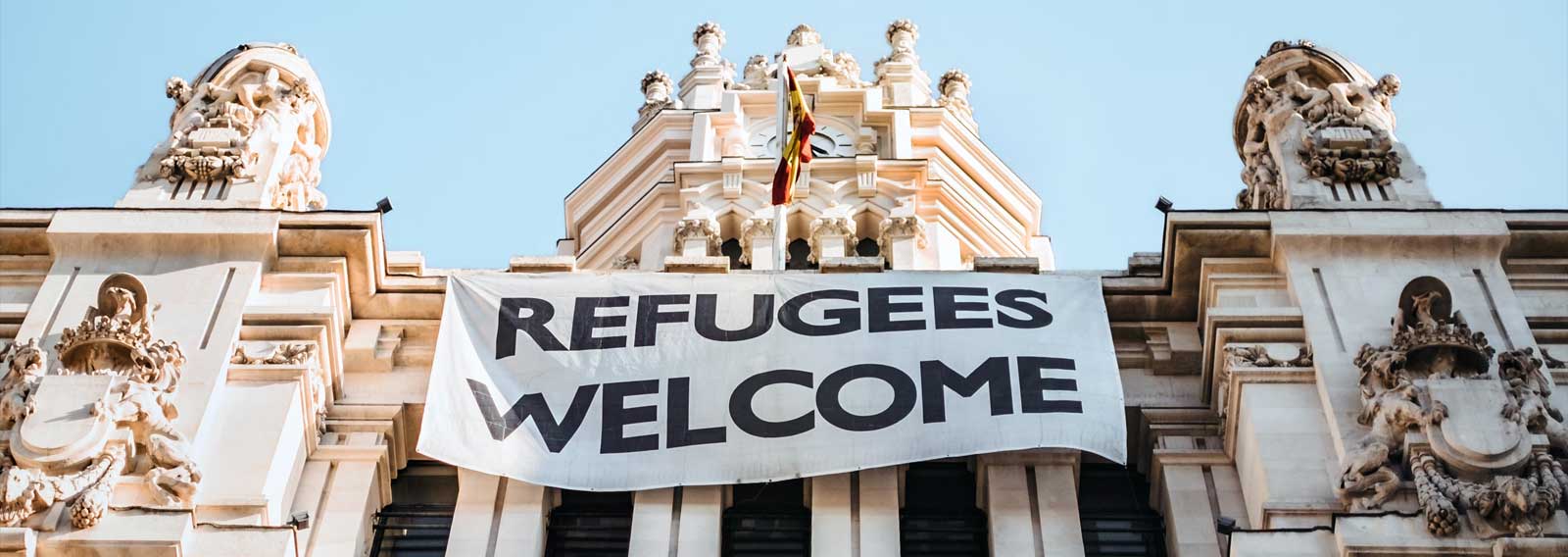This is a follow-up piece to an earlier article I wrote on political religion. In that essay, I spoke of how the modern state increasingly began to see itself as saviour and lord back in the time of the Enlightenment, with the French Revolution being a primary example of this. The attempt to de-christianise France and deify the state was brutal and bloody, with the guillotine one major aspect of this.
I mentioned that Communism and Nazism are also key examples of this, so here I want to examine those two political systems a bit further. Both have sought to replace God with the state, and both took on the form of religion to do so. To examine these issues in more detail, I will for the most part make use of some of the same commentators that I did in my earlier piece.
First, some general introductory remarks. We do well to recall the words of Chesterton: “Once abolish the God, and the government becomes the God.” Or as Fulton J. Sheen put it in his 1948 work, Communism and the Conscience of the West:
“The basic struggle today is not between individualism and collectivism, free enterprise and socialism, democracy and dictatorship. These are only the superficial manifestations of a deeper struggle which is moral and spiritual and involves above all else whether man shall exist for the state, or the state for man, and whether freedom is of the spirit or a concession of a materialized society.”
R. J. Rushdoony, looking at the scene in the US, said this in Our Threatened Freedom:
“The plain fact is that we have two rival plans of salvation at war today. Humanism seeks to discredit and destroy Christianity and capture America for itself. We have thus a religious war under way in the United States: humanism versus Christianity. Your future will be determined by the outcome of that battle.”
And in his 1952 volume The New Science of Politics, Eric Voegelin discusses Modern Gnosticism. He says that it can “assume the form of activist redemption of man and society, as in the instance of revolutionary activists like Comte, Marx, or Hitler. These Gnostic experiences, in the amplitude of their variety, are the core of the redivinization of society, for the men who fall into these experiences divinize themselves by substituting more massive modes of participation in divinity for faith in the Christian sense.”
As to Marxism, there are hundreds of books that examine its anti-Christian emphasis and how that played out when Communists came to power. Having featured two volumes by historian Michael Burleigh that discuss political religion, let me again appeal to him.
He looks at how both the earlier utopian socialists and the later Communists could trace back their views to Enlightenment thought and its expression in the French Revolution. He writes:
“Communists emphasised equality and identified with the most drastic, Jacobin phase of the French Revolution. On these grounds Communism was distinct from utopian socialism, which had little time for equality, rejected violent revolution and was more concerned with how to achieve harmony than with how to capitalise upon human strife. What it could not ignore in socialism was that it had got there first in providing workers with rudimentary organisation. In a zoomorphic sense, Communists resembled those aggressive African bees that colonise and transform more placid hives.”
He notes how Communism became a secularised version of Christianity:
It is relatively easy to transpose some of the key terms from the Judaeo-Christian heritage to Marxism: ‘consciousness’ (soul), ‘comrades’ (faithful), ‘capitalist’ (sinner), ‘devil’ (counter-revolutionary), ‘proletariat’ (chosen people) and ‘classless society’ (paradise). The ruling classes were also going to face a revolutionary form of ‘Last Judgement’ (Weltgericht). But there were far deeper unacknowledged correspondences, including nostalgia for a lost oneness and the beliefs that time was linear (the ancients thought it was cyclical), that the achievement of higher consciousness brought salvation, and that history was progressing with its meaning and purpose evident to the discerning, knowledgeable vanguard.
Although Marxists dispensed with a God capable of intervening in this world, their scheme of history replicated Judaeo-Christian eschatology, with what was good and perfect evident only at the beginning and at the end of the story. If the religious account of time concerned what occurred between the Fall of Adam and the Apocalypse, so for Marxists time began with the Great Expropriation, when primitive communism was replaced by class society and man’s alienation commenced, and it would end with a global revolution, which would restore man to an even higher version of his unalienated humanity.
And he also looks at the Gnostic connection as well:
Marxism managed to incorporate what Christianity since St Augustine has managed to push to the heterodox margins with the certainty of the orthodox version. Marxism combined the assurance that everything was operating according to the dispositions of secularised versions of higher powers with Gnostic sectarian belief that the messianic elect that had grasped these laws was morally entitled to destroy existing society (which was entirely without virtue) in order to achieve earthly paradise. . . . Communists took it upon themselves to realise heaven on earth through transforming violence: that exercise in regrettable but necessary killing which would murder eighty or a hundred million people in the twentieth century. Like Marxists, medieval millenarians believed they would be able to extricate man from a ‘darkened level of being’, successfully reintegrating him into the light. Perhaps appropriately enough, when Marx came to explain how the proletariat became the saviour class, he had recourse to the Gnostic concept of ‘pneumatics’ and talked mysteriously of ‘that breath of spirit’. For it was otherwise hard to explain how, if the proletariat was history’s creator–subject, it had emerged only in Marx’s own century.
The number of Communism’s victims may well be more than one hundred million. Whatever the exact number, this is the result of this diabolical political religion. Killing or enslaving the masses is always the outcome. As Vincent Miceli rightly stated:
Freedom is rooted in the spiritual, in the divine; servitude is rooted in the material, in the creaturely. Communism immerses man in matter, in the creaturely, in man himself. And there is no greater tyrant over man than man himself. For when man becomes his own God, as in communist humanism he inevitably does, this self-idolatry becomes so arrogantly irrational that it demands the life of every human being as its victim.
A brief word about Hitler and the Nazis. They too were pushing a coercive utopianism, one based on the all-powerful state and the subservient masses. Once again, plenty of experts could be appealed to here, but let me again run with some choice words from Stephen Strehle:
At the beginning of 1934, Nazi leaders like Goebbels, Rosenberg, Goering, and Schirach began a public campaign expressing open hostility toward the church. Many ministers were arrested, and important theologians and philosophers were dismissed from their professorships, including Paul Tillich, Martin Buber, K. L. Schmidt, and Karl Barth. Theological faculties were placed under constant surveillance, since they served as mentors for the future leaders of the church, and enrollment among their student bodies plummeted accordingly. Christian literature was suppressed everywhere and anti-Christian material circulated freely and widely among the masses. . . . Hitler let others handle the specific anti-Christian measures, while trying to distance his public persona from all those groups who would “destroy the church,” but his general policy of Gleichschaltung was designed to align everything in Germany with the aspirations of National Socialism and could lead in no other direction or result than the complete elimination of all opposing forces, including the church. To affect this policy, Hitler and the Nazis followed and emphasized the clandestine approach of the French Enlightenment, calling for a separation between church and state as if creating a secret boundary, hoping to limit the church to a private sphere, which will recede before the increasing power of the state. To destroy the church, the Nazis only needed to emphasize the separation of the two spheres, just like Luther and the Reformers, and then use the godless power of the state to reeducate the people into a different system of belief. Wilhelm Frick, the Minister of the Interior, said, “We do not want Protestant or Catholic civil servants, we want German civil servants.
Hmm, why does so much of this sound so very familiar today? This hatred of Christianity makes perfect sense, since the political state must at all costs eliminate all opposition. And since the totalist state wants to take upon itself godlike status and powers, then all rival Gods must be destroyed.
And with Christianity being the one true faith, and the one that is most opposed to all other claimants to the divine throne, the totalitarians reserve their real animus and rage for it. A closing quote from Rushdoony discussing the scene in America is worth featuring here:
The colonists were afraid of ‘big government.’ They were even more afraid of the combination of a powerful civil government and a state church. The independence of the church was to help ensure the protection of the people from a power-hungry state. In fact, both in colonial and early constitutional America, an important aspect of church life was the preaching of election sermons, to spell out the moral and religious issues at stake in civil and political affairs. It would be a disaster if that moral voice were silenced.
Hmm, we certainly could use sermons like that again today – if it is not already too late.
References
Burleigh, Michael, Earthly Powers: The Clash of Religion and Politics in Europe, From the French Revolution to the Great War. HarperCollins, 2005.
Miceli, Vincent, The Gods of Atheism. Arlington House, 1971.
Rushdoony, Rousas John, Our Threatened Freedom. Ross House Books, 2014.
Sheen, Fulton J., Communism and the Conscience of the West. Cluny, 1948, 2021.
Strehle, Stephen. The Dark Side of Church/State Separation: The French Revolution, Nazi Germany, and International Communism. Routledge, 2014, 2017.
Voegelin, Eric, The New Science of Politics. University of Chicago Press, 1952.


